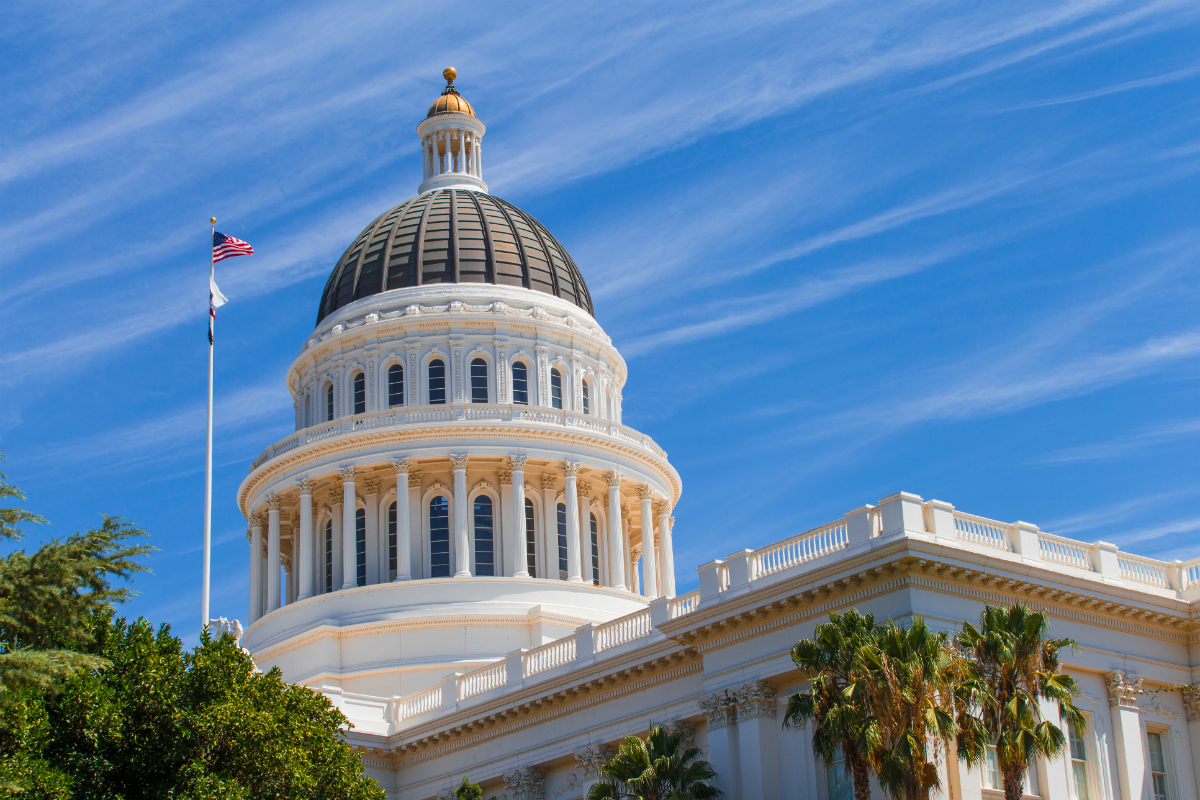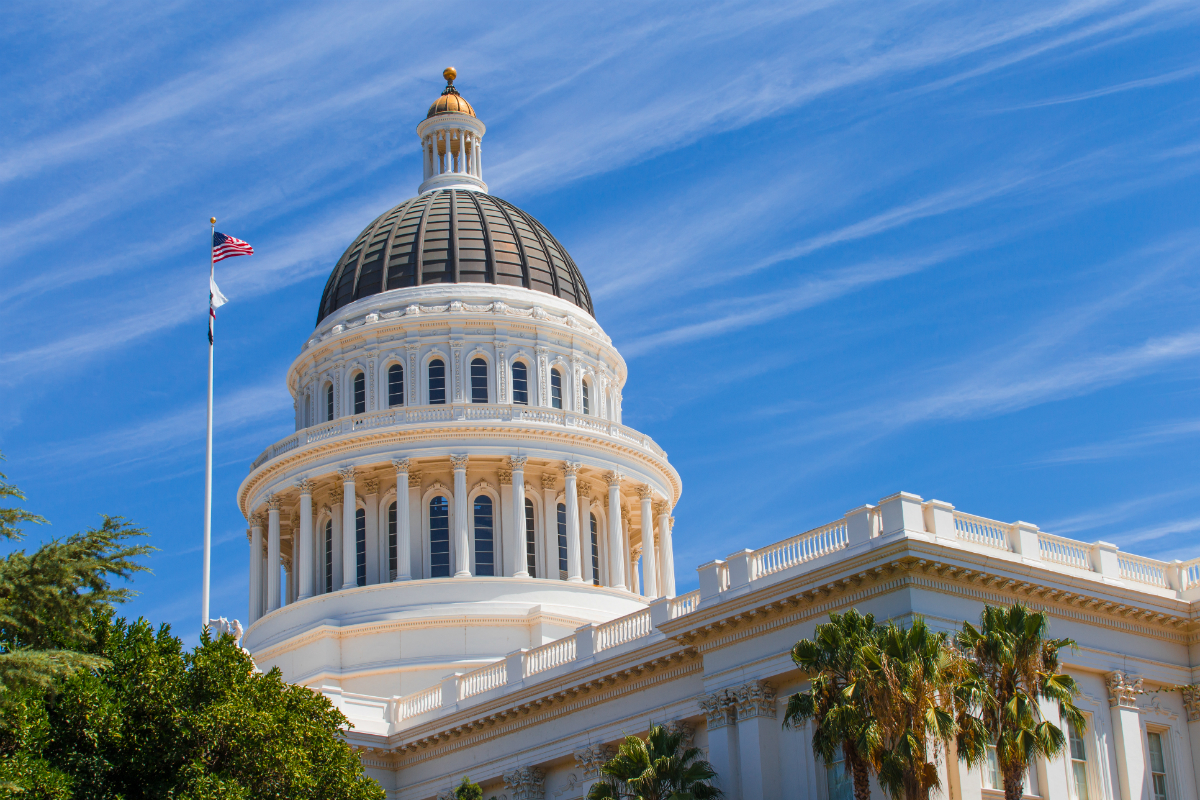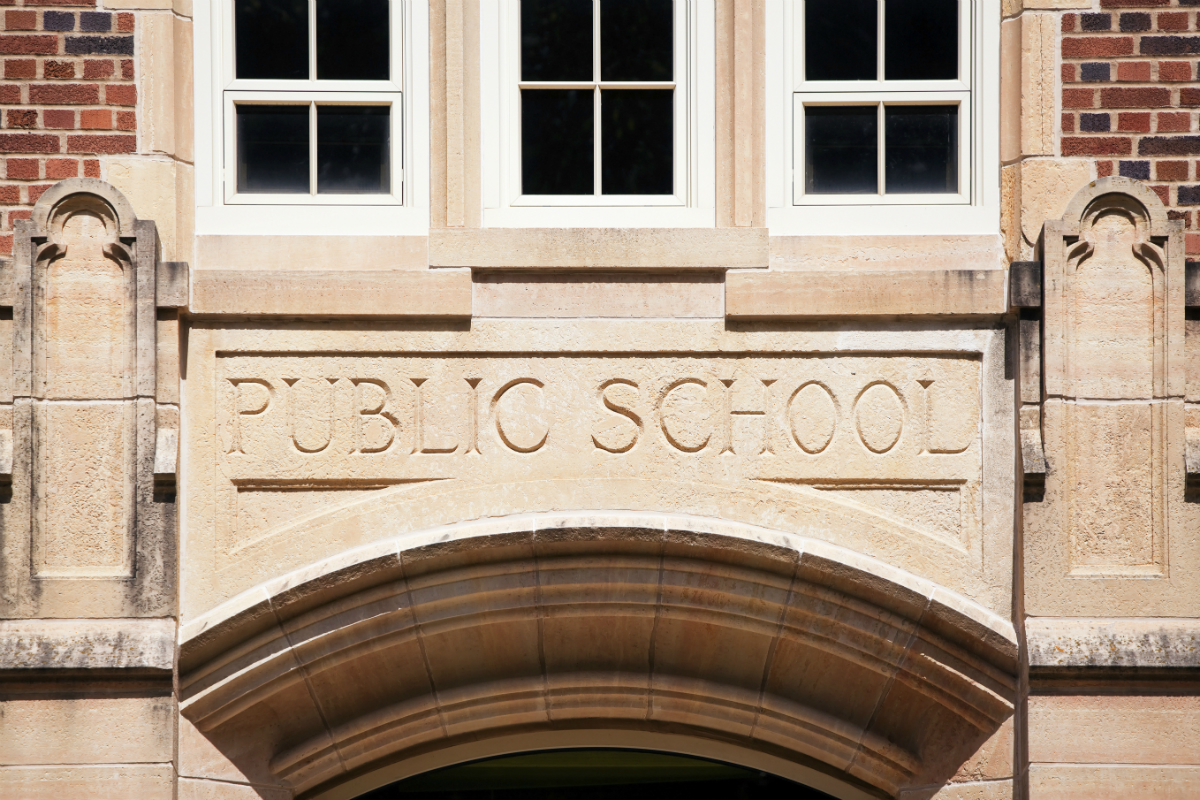On Sept. 29, Gov. Gavin Newsom signed two CSBA-sponsored election reform bills, Assembly Bill 2584 (Berman, D-Menlo Park) and Senate Bill 1061 (Laird, D-Santa Cruz). AB 2584 provides needed reforms to the recall process for local elected officials, and SB 1061 ensures that voters are aware of the cost of special elections to elect board members.
The state’s recall process was designed long ago and needed modernization to ensure a fair process. AB 2584 amends various sections of the Elections Code to ensure that the recall process is transparent and used responsibly, as follows:
- Increases the number of signatures required to submit a notice of intention to circulate a recall from 10 to the following:
- For a local office where the number of registered voters in the jurisdiction is at least 100,000, signatures must equal 50 or a number equal to five times the number of signatures required for nomination papers for the office at issue, whichever is higher.
- For a local office where the number of registered voters in the jurisdiction is between 1,000 and 100,000, signatures must equal 30 or three times the number of signatures required for nomination papers for the office at issue, whichever is higher.
- For a local office where the number of registered voters in the jurisdiction is less than 1,000, the notice must contain 30 signatures.
- Provides that the statement of the reasons for recall in the notice of intention or the answer by the official to be recalled, or the authors of any such statement, are not exempt from any civil or criminal action or penalty because of any false, slanderous or libelous material included in the statement or answer.
- Requires a petition for recall to include an estimate of the cost of conducting the special election for the recall. This estimate is determined by the county elections official in consultation with the school district.
- Requires the county elections official to make the petition for recall available for public examination for 10 days, running concurrently with the 10-day review period for the elections official to determine whether the petition is sufficient.
- Allows any voter of the applicable electoral jurisdiction, during the 10-day public examination period, to seek a writ of mandate or an injunction requiring the statement of the proponents of the recall or the answer of the officer to be deleted, in whole or in part if:
- The writ or request for injunction is filed no later than the end of the 10-day examination period.
- The court finds on clear and convincing evidence that the material in question is false, misleading or inconsistent with the requirements of the recall provisions of the Elections Code.
- Allows a recall election to be conducted within 180 days after the issuance of the order so that the election may be consolidated with a regular election, in order to avoid the expenditure of funds by the LEA necessary to conduct a special election. Previously, a recall election could only be consolidated with another election if the election was scheduled for between 88 and 125 days after the governing board issues an order for an election.
SB 1061 amends Education Code section 5091 and provides reforms for all school district or county office of education special elections due to a board vacancy. Like AB 2584, SB 1061 allows a special election to fill a board vacancy on a board to be consolidated with a regular election scheduled within 180 days after the board orders an election to fill the board vacancy. SB 1061 also conforms the timeline for these special elections to the timelines for recalls, requiring them to be held between 88 and 125 days after the board orders the election if the election cannot be consolidated with a regular election. Perhaps more importantly, SB 1061 requires the election official’s estimate of the cost of conducting the special election, on a per-pupil basis, to be included on any petition for a special election. This will identify to voters the costs of special elections to voters.




